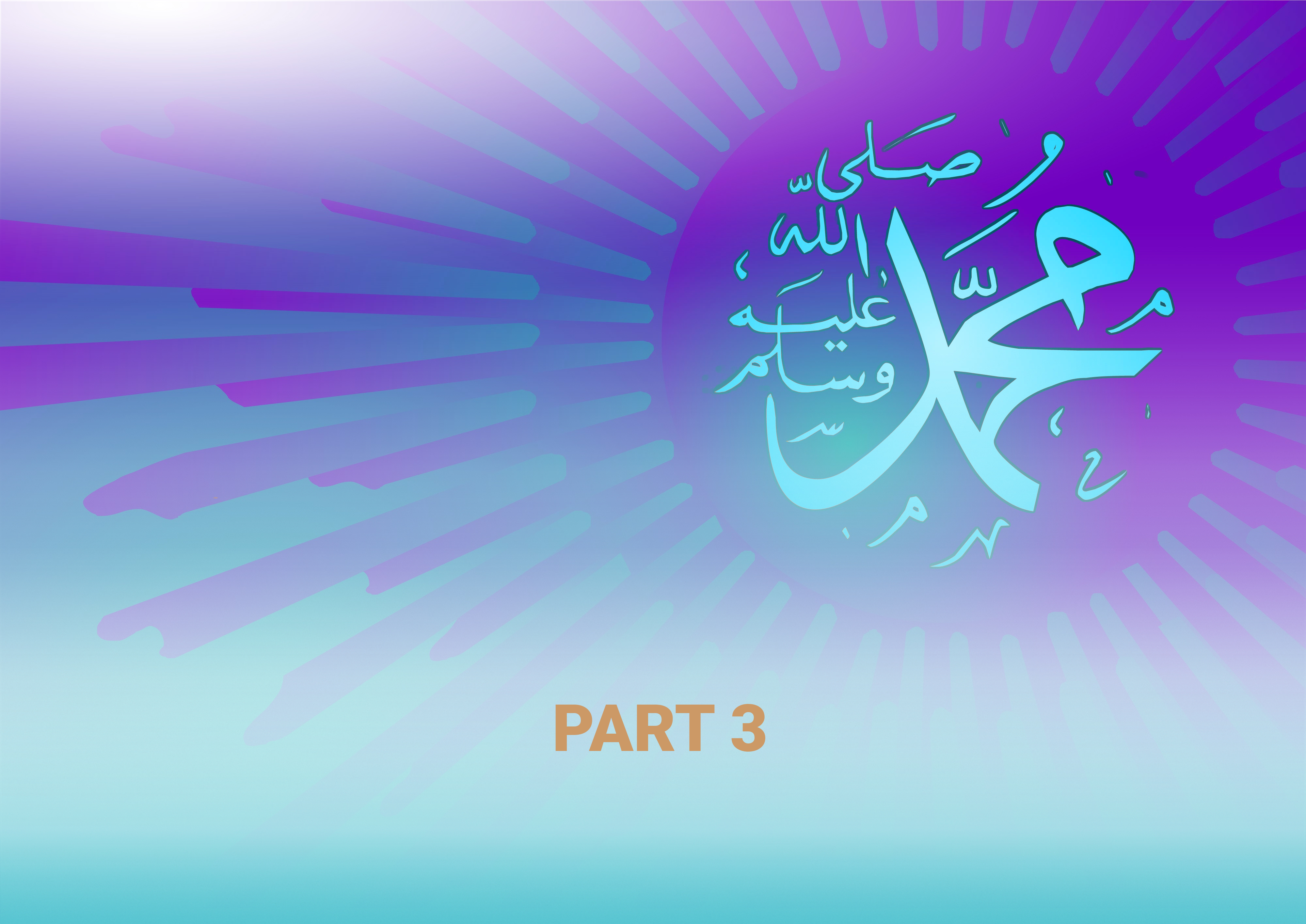Part 3 – The Prophet’s Justice with Equity
This Blog Series explores the Prophet Muhammad’s Islamic value driven leadership, and is based on my Master’s Degree in Islamic Studies research, at ISRA’s Centre for Islamic Studies & Civilisation, Charles Sturt University.
This third article in our blog series, explores the third key Islamic value driven leadership aspect of the Prophet (pbuh) that transformed Arab society – his strategy of justice with equity.
The greatest example of this dimension can be seen in the founding of the first Islamic state, a ‘new order of life, regulated by the principles, laws, guidelines and commandments of the Quran and the Prophet’s sunnah (his examples, instructions and interpretations), which shaped the success of the new community. (Noor, 2015)
Under the leadership of the Prophet (pbuh), he established a classless welfare state and government, with political, social and economic justice and equality, where the poor were no longer demoralized and where wealth was no longer in the hands of a few. (Noor, 2015)
The noblest person in the sight of God was now the person who was most virtuous.
The Prophet (pbuh) changed what the concept of equality now meant, decreeing that the noblest person in the sight of God was the person who was most virtuous. (Noor, 2015) In Medina, he created a massive program of religious and social reform that transformed religious beliefs and practices, gender and family relationships. Elimination of slavery, hugely improved human rights, gender equality and other social changes were changing society. (Dogan, 2015)
In addition, the Medina constitution as a social structure managed differences based on agreements of justice and equity in defining rights and duties (Dogan, 2015). For example, it guaranteed citizenship rights for all minority groups, reducing tensions and creating greater unity as well as guaranteed peace and harmony.
Crime in all its forms were now illegal, life, property and security were all protected. (Noor, 2015).
Class, colour or descent had now ended.
The Prophet (pbuh) did not discriminate people from different backgrounds or faiths; he encompassed them all under the common pact. (Dogan, 2014) Christians and Jews had equal rights, their wealth and property was secure, and the right to freely practice their faith. This was unprecedented. (El’amin, 2008) So in effect, he restructured the framework of society within the communities.
He was the first person in history to introduce a written constitution to secure mutual respect, freedom and justice for all.
He was the first person in history to introduce a written constitution of this kind that secured mutual respect, freedom and justice for all members of society. (Noor, 2015) The laws and institutions that were established caused the society to rapidly transform. For example, laws were established that protected and improved women’s rights and their participation in society. (El’amin, 2008)
‘The most perfect believer is the one who is kindest and best in character to his wife’, was a narration of the Prophet (pbuh) that personified these key transformations that massively raised the status of women and how they were treated.
Written by Cynthia Aisha Meguid
Well-Being – Teacher, Educator, Consultant & Coach

